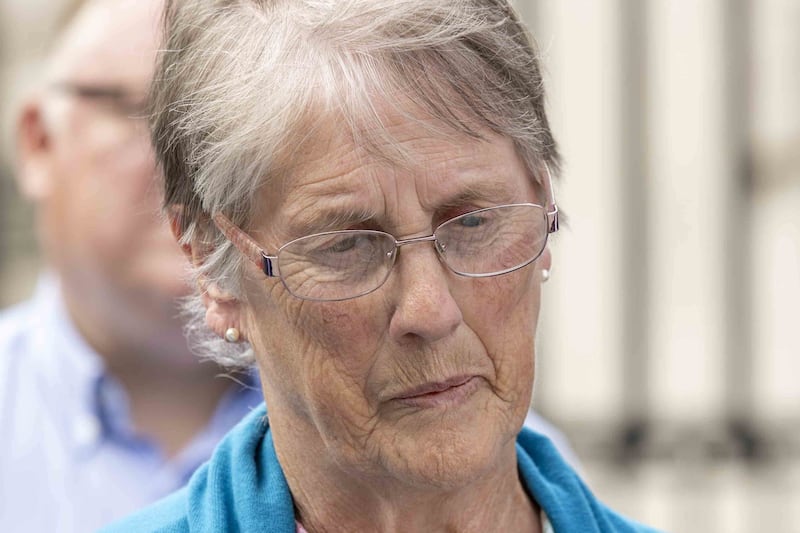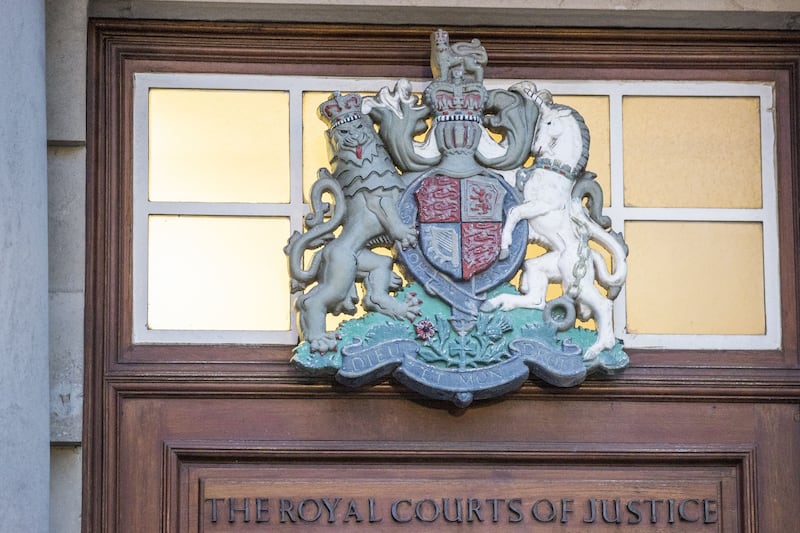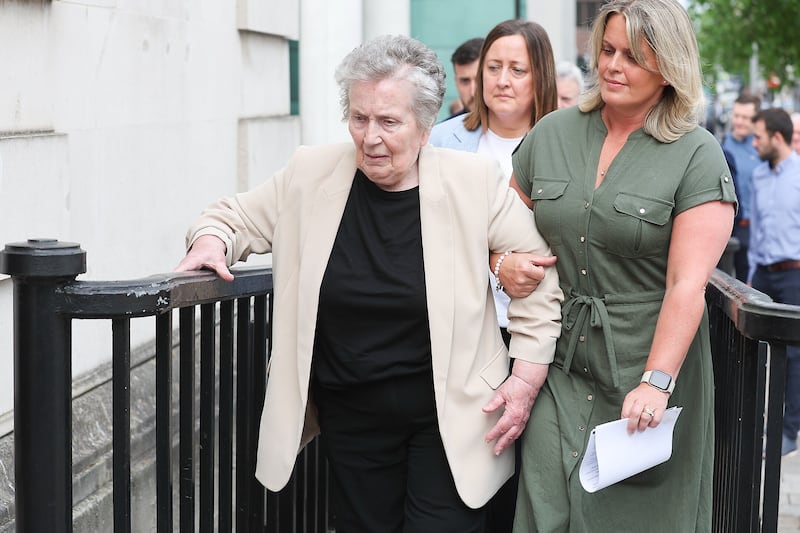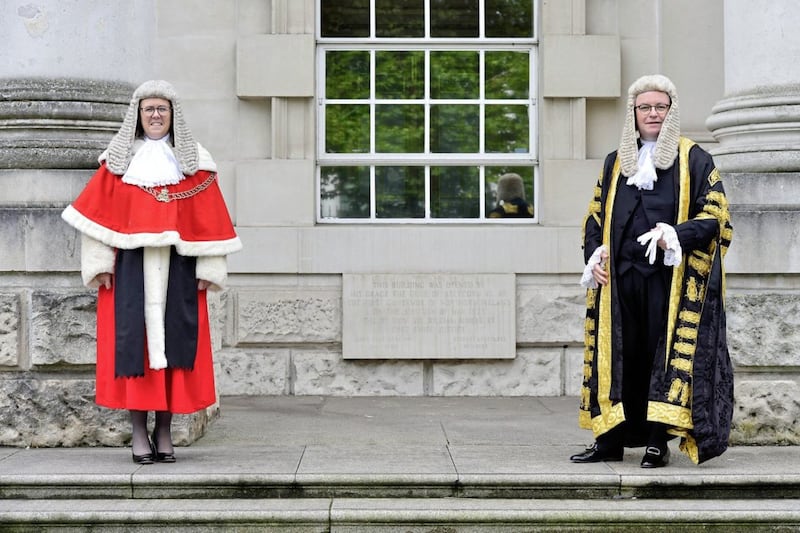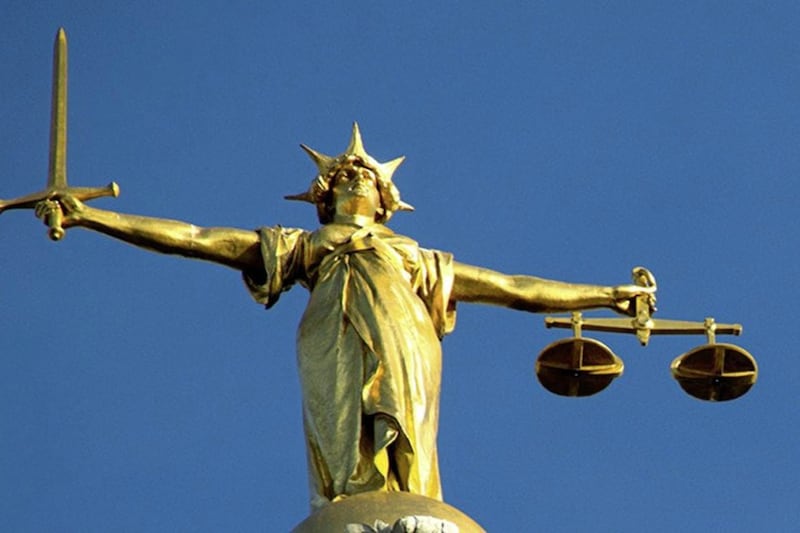THE PSNI’s handling of legacy inquests is jeopardising nationalist confidence in policing, it was claimed last night.
It came as police appeared to concede that some relevant material held on a military intelligence database may not have been disclosed to inquests over the last decade.
Presiding coroner Mrs Justice Keegan revealed yesterday that the database - which includes Ministry of Defence (Mod) documents - has been in the possession of the PSNI since 2007 but has not been routinely searched when compiling disclosure of intelligence material for legacy cases.
The PSNI Disclosure Unit said it was not aware it was in police possession, a revelation described as "astonishing" by one solicitor.
The Police Ombudsman's office has requested additional information from the force ahead of potential investigation.
Assistant Chief Constable Mark Hamilton, head of the PSNI's legacy and justice department, yesterday said the database containing military and police intelligence was passed to it for "safe keeping" at the end of the British army's Operation Banner in 2007 and police and the MoD agreed that each would be responsible for its own material.
"Since then, the PSNI has been disclosing police material held on the database to the coroner, as well as informing the coroner of our knowledge of any relevant military intelligence on the database, so that the coroner could request further disclosure from the Ministry of Defence," he said.
“Following a recent legacy investigation and having taken further advice about his disclosure responsibilities, the Chief Constable has now directed that because the PSNI holds the database, the PSNI has legal duties of disclosure in relation to the material stored in it.
"PSNI has informed the Presiding Coronial Judge and other criminal justice partners of this matter and has begun a process of checking the military database to ensure that our full disclosure duties are met.
"We hope that in most cases the majority of relevant material will have already been disclosed by the MoD.
“PSNI remains committed to ensuring that all legal duties placed upon the Police Service are fully discharged, despite the real and significant resourcing pressures it continues to face.”
John Teggart, a spokesman for relatives of 10 people shot dead by British soldiers in 1971 in what became known as the Ballymurphy Massacre, said they had "grave concerns" about the revelations.
"We are calling for clarification around this statement and have raised this issue with our legal representatives. We are months away from our full inquests - all this is very distressing for the families," he said.
A son of Co Derry GAA official Sean Brown, who was shot dead by the LVF in 1997, also voiced concern.
Damian Brown said: “It really does raise questions about what might be in this intelligence database that the PSNI apparently forgot they had."
Mike Ritchie of Relatives for Justice also said it "beggars belief that nobody thought that this information would be relevant for inquests", while Paul O’Connor of the Pat Finucane Centre said "there are going to be a large number of families that have serious questions”.
Sinn Féin's Gerry Kelly last night said the PSNI's explanation was "not acceptable".
"They still haven’t clarified who decided not to tell the disclosure unit," he added.
The SDLP's Dolores Kelly said senior police have "serious questions to answer about how this was allowed to happen and if the organisation’s disclosure mechanisms are fit for purpose at all now".
“The PSNI’s handing of legacy inquests is now putting confidence from the nationalist community in policing at risk. That must be addressed.”



